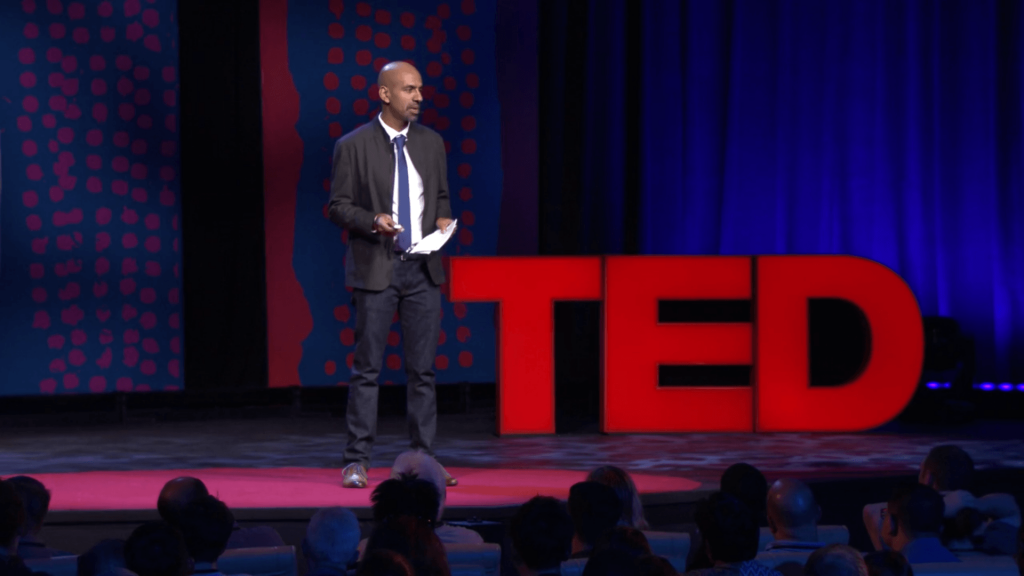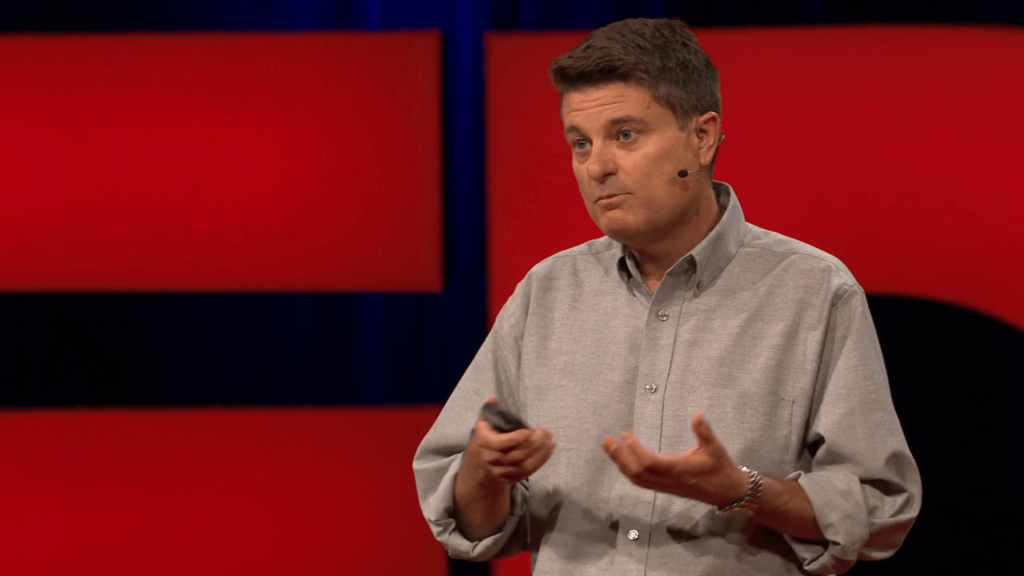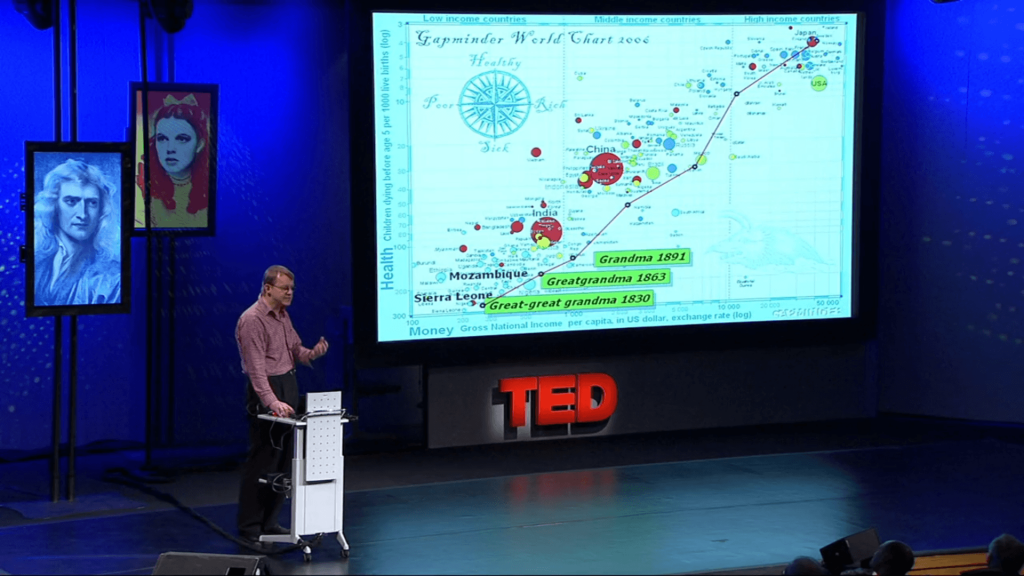TED Talk Discussion: How to Use Data to Make a Hit TV Show
Does collecting more data lead to better decision-making? Competitive, data-savvy companies like Amazon, Google, and Netflix have learned that data analysis alone doesn’t always produce optimum results. In this talk, data scientist Sebastian Wernicke breaks down what goes wrong when we make decisions based purely on data — and suggests a brainier way to use it.
Sebastian Wernicke at TEDxCambridge
Useful Vocabulary
Ratings – how popular or liked a show is
Addictive
Episode – a single programme in a TV series
does not want to take any chances – not to take a risk
Data point
Bits and pieces
A leap of faith
Outbreak of flu
Data savvy company
Magic Eight Ball
Comprehension Questions
- Who is Roy Price and what does he do?
- What method did he use to find what was a popular show?
- What data/information do they collect when someone is watching a show?
- Who is Ted Sarandos?
- He thinks people are used data less and less to make decisions? (true or false)
- Using data analysis is the best way to find out what people want to watch on TV?
- Google can predict outbreaks of flu?
- Data Analysis is suitable to make decisions according to Sebastian?
Comprehension Answers
- A senior executive with Amazon Studios. Works to pick out film ideas for Amazon to make.
- He made eight shows, but one episode, and then showed them to people to see which was the most popular (had the highest ratings).
- What someone watches, what they pause, what they skip, and other data points.
- He is the chief content officer at Netflix.
- False, it is being used more and more.
- False, it does not always produce the optimum results.
- It worked for many years until one year it didn’t.
- He says it is only suitable for understanding a problem but not creating solutions.
Group Discussion
- Do people spend too much time binge-watching TV shows?
- Should we rely on data analysis to make all our decisions?
- Can creative content be reduced to simple data analysis?
- Did the data analysis fail because people are hard to predict or because the data collection was faulty?
- Are people predictable?






